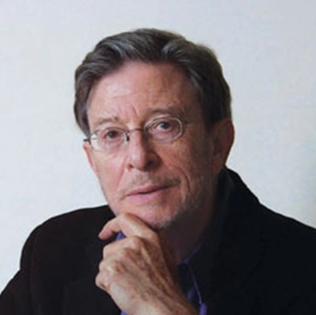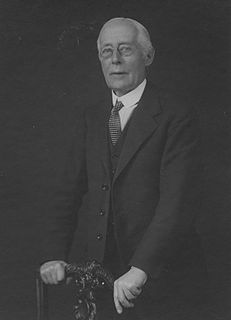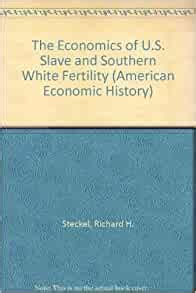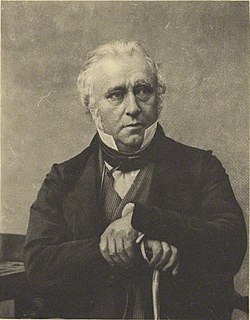A Quote by Emma Thompson
Difficult for actors to extemporise in nineteenth-century English. Except for Robert Hardy and Elizabeth Spriggs, who speak that way anyway.
Related Quotes
What's not to look forward to? It's like all the actors in all of the films. It's difficult to get Martin Freeman and I in a room together. Imagine what it's like to get myself, Chris Hemsworth, Robert Downey Jr., Elizabeth Olsen... these extraordinary actors who all have careers outside the Marvel Universe.
Given that the nineteenth century was the century of Socialism, of Liberalism, and of Democracy, it does not necessarily follow that the twentieth century must also be a century of Socialism, Liberalism and Democracy: political doctrines pass, but humanity remains, and it may rather be expected that this will be a century of authority ... a century of Fascism. For if the nineteenth century was a century of individualism it may be expected that this will be the century of collectivism and hence the century of the State.
Most of what I read is for reviewing purposes or related to something I want to write about. It's slightly utilitarian. I definitely miss that sense of being a disinterested reader who's reading purely for the pleasure of imagining his way into emotional situations and vividly realized scenes in nineteenth-century France or late nineteenth-century Russia.
Mikhail Gorbachev's historic leadership, which transformed Russia and international relations, cannot be fully understood without the diary-memoir of Anatoly Chernyaev, one of his most important advisers and closest confidants. Splendidly translated, edited, and introduced by Robert English and Elizabeth Tucker, his Six Years with Gorbachev is now available to everyone who wants to comprehend those final momentous events of the twentieth century.
Perhaps the best testimony to the effectiveness of the reforms of 1852 is the fact, that men of a slightly later generation, familiar with the working of the courts half a century after, find it difficult to believe that such abuses as are plainly described by the legislation of that year, should really have existed in the middle of the nineteenth century.
There's a line in The Barretts of Wimpole Street - you know, the play - where Elizabeth Barrett is trying to work out the meaning of one of Robert Browning's poems, and she shows it to him, and he reads it and he tells her when he wrote that poem, only God and Robert Browning knew what it meant, and now only God knows. And that's how I feel about studying English. Who knows what the writer was thinking, and why should it matter? I'd rather just read for enjoyment.
In the supposedly enlightened eighteenth and nineteenth centuries, parental indifference, child neglect, and raw cruelty appearedamong Europeans of all classes.... In mid-nineteenth- century France, families abandoned their children at the rate of thirty-three thousand a year.... It took sixty years after the criminalization of cruelty to animals for cruelty to children to be made punishable under English law.... Industrialized America added brutalizing child labor to the oppressions of the young.
English has always been my musical language. When I started writing songs when I was 13 or 14, I started writing in English because it's the language in between. I speak Finnish, I speak French, so I'll write songs in English because that's the music I listen to. I learned so much poetry and the poetic way of expressing myself is in English.




































